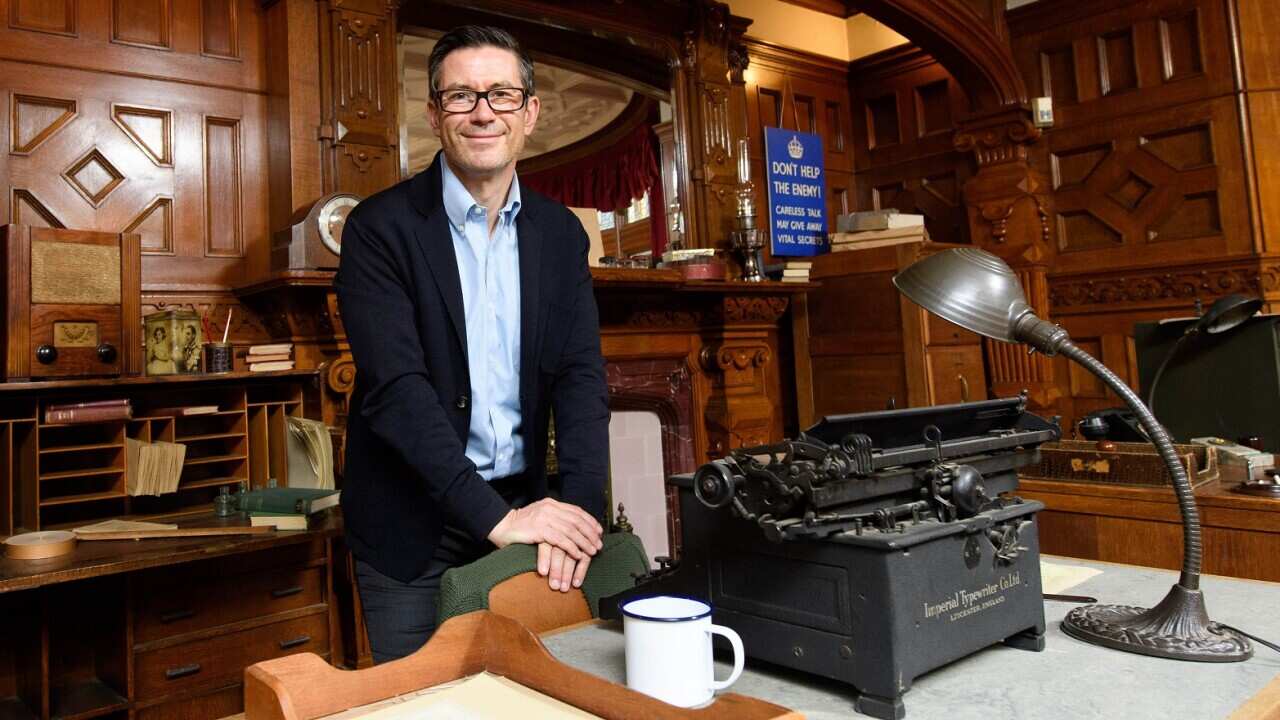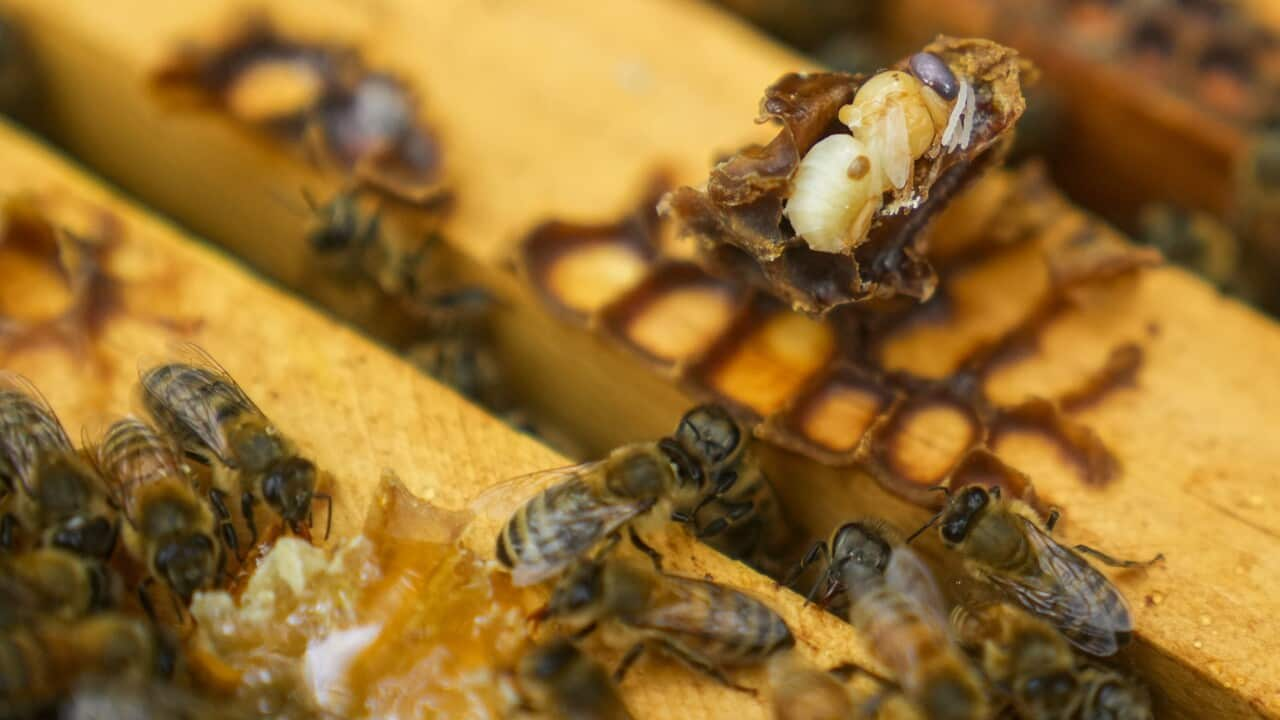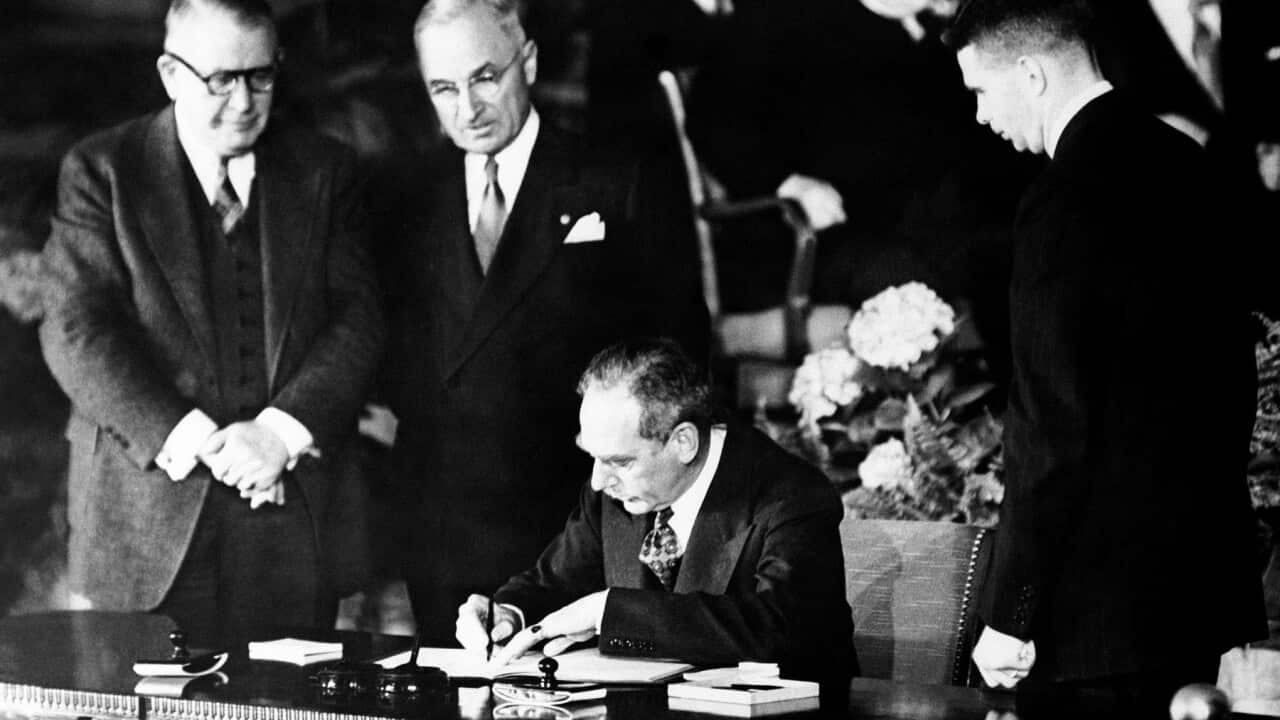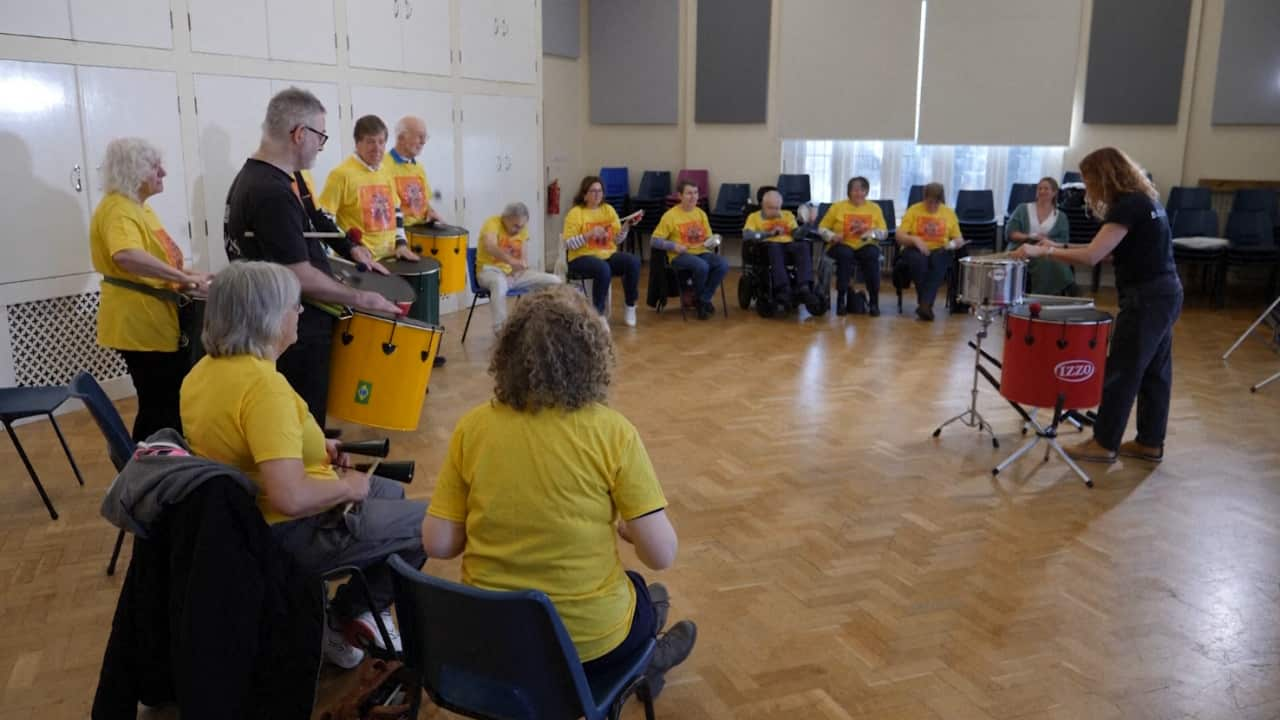Italian
L'epidemia di COVID-19 ha costretto molte destinazioni turistiche in tutto il mondo a chiudere.
Come altre attrazioni, un museo al Bletchley Park in Inghilterra, la famosa sede dei codebreaker, o decifratori, della Seconda Guerra Mondiale, è stato costretto a chiudere i battenti a marzo.
Ma dopo la riapertura a luglio, è apparso subito chiaro che la storica attrazione stava registrando un flusso di visitatori significativamente ridotto.
L'amministratore delegato Iain Standen afferma che prima della pandemia il museo aveva di solito centinaia di migliaia di visitatori ogni anno.
"Unfortunately, when we reopened, visitor numbers were well below that, which we previously experienced. We're about 50 per cent now of last year's numbers, which has resulted about a two million pound gap in our funding this year."
Facebook sostiene che la sua donazione mira ad aiutare il museo a salvare parte del personale dal licenziamento e preservare le esperienze dei suoi visitatori.
Ma perché Facebook?
Lo spiega Standen.
"It came about because we put out our notice that we were making people redundant. And a couple of weeks later, received a phone call from Facebook who said many of their engineers had seen this story and couldn't possibly allow this to happen. They see Bletchley Park as an inspirational place, a place that inspired their careers and continues to inspire them today, and wanted to do something to help us get through the crisis."
Il vicepresidente di Facebook per il nord Europa, Steve Hatch, afferma che il lavoro del social network sulle nuove tecnologie, in particolare l'intelligenza artificiale, non sarebbe stato possibile senza i risultati dello scienziato informatico Alan Turing e del team di Bletchley Park.
"In many ways, it wouldn't be an overstatement to say that Facebook and companies like us simply wouldn't exist without the pioneering work that took place at Bletchley Park. And I think people are often familiar or increasingly familiar with the role that the team here played during World War Two, but perhaps people don't know that this is literally the spiritual home of modern computing."
La casa di campagna di epoca vittoriana era la sede di una vasta rete di decifratori di codici della Seconda Guerra Mondiale che contribuirono a decifrare le comunicazioni dalla Germania nazista e in questo modo alla vittoria degli Alleati.
Dopo la guerra, la tenuta è stata trasformata in un'attrazione e un museo storico e ha anche gestito programmi di apprendimento della programmazione.
Lo storico della ricerca David Kenyon afferma che la storia di Bletchley diventa più rilevante ogni anno che passa.
"Nowadays, we all have a cipher machine in our pocket, which is our mobile phone. And so, the security of codes and ciphers is fundamental to how we go to the supermarket, how we do our banking, how we book a taxi. And so, the story of Bletchley is ever more important in that sense and ever more relevant and has more more things to teach us as time goes on."
English
Facebook has donated $1.8 million to support Britain's Bletchley Park, the base of codebreakers during World War Two.
The gift was offered after the historic site lost almost all of its income amid the coronavirus pandemic.
The COVID-19 outbreak has forced many tourist destinations to close worldwide.
Like other attractions, a museum at England's Bletchley Park, the famous home of World War Two codebreakers, was forced to close its doors in March.
But after re-opening in July, it soon became clear the heritage attraction was seeing significantly reduced visitor numbers.
Chief executive Iain Standen says the museum usually had hundreds of thousands of visitors each year prior to the pandemic.
"Unfortunately, when we reopened, visitor numbers were well below that, which we previously experienced. We're about 50 per cent now of last year's numbers, which has resulted about a two million pound gap in our funding this year."
Facebook says its donation aims to help the museum save some staff from redundancy and preserve its visitor experiences.
But why Facebook?
Mr Standen explains.
"It came about because we put out our notice that we were making people redundant. And a couple of weeks later, received a phone call from Facebook who said many of their engineers had seen this story and couldn't possibly allow this to happen. They see Bletchley Park as an inspirational place, a place that inspired their careers and continues to inspire them today, and wanted to do something to help us get through the crisis."
Facebook's vice president for northern Europe, Steve Hatch, says the social network's own work on new technologies - in particular artificial intelligence - wouldn't have been possible without the achievements of computer scientist Alan Turing and the team at Bletchley Park.
"In many ways, it wouldn't be an overstatement to say that Facebook and companies like us simply wouldn't exist without the pioneering work that took place at Bletchley Park. And I think people are often familiar or increasingly familiar with the role that the team here played during World War Two, but perhaps people don't know that this is literally the spiritual home of modern computing."
The Victorian country house was the home of a vast network of World War Two codebreakers who helped decipher communications from Nazi Germany and contributed to the Allied victory.
After the war, the estate was turned into a heritage attraction and museum, and it also ran learning programs around coding.
Research historian David Kenyon says Bletchley's story grows more relevant with each passing year.
"Nowadays, we all have a cipher machine in our pocket, which is our mobile phone. And so, the security of codes and ciphers is fundamental to how we go to the supermarket, how we do our banking, how we book a taxi. And so, the story of Bletchley is ever more important in that sense and ever more relevant and has more more things to teach us as time goes on."
Report by SBS News





